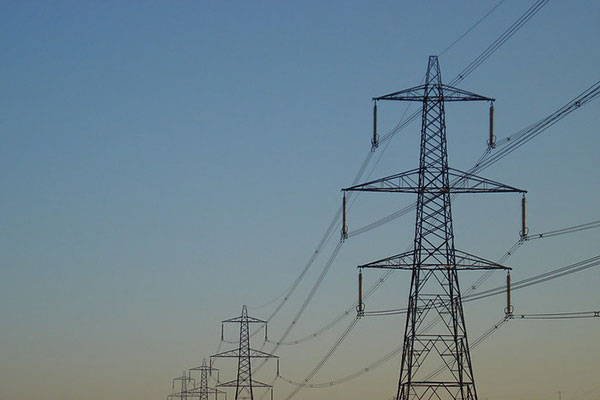- Thinking about how to make his business financially sustainable for years to come, Bob Boyle decided to go solar.
- The installation is wrapping up, and grid connection is timed for next month.
- The ACOA tourism recovery package helped make the $110,000 project possible.
- Future federal incentives for tourism operators could fund projects like this one and save many small businesses dealing with financial hardships after Covid-19.
Bob Boyle, the owner and operator of a 60-year-old drive-in theatre on Prince Edward Island, faced mounting electricity bills after years of diminished theatre attendance due to Covid-19. He needed to find a strong solution-and fast.
Thinking about how to save the Brackley Drive In-Theatre, located on the Island’s north shore, and make his business financially sustainable for years to come, Boyle landed on solar energy.
Boyle explains the project would not have been possible without the ACOA tourism recovery package, whose relief fund covered up to 50% of eligible expenses. The panels, installed at the family’s motel, the Brackley Country Inn, totalled $110,000 and will soon be hooked up the Island’s power grid by Maritime Electric.
According to Boyle, the project is important for a few reasons.

Brackley Drive-In Theatre in PEI is Canada’s most unique family Drive-In, themed with 1950’s era neon, full canteen service, popcorn, burgers and more (Google Photos).
Firstly, it brings PEI one step closer to being a net zero province. Hopefully, the project will serve as an example of a business that operates primarily at night, effectively relying on solar energy. Finally, with the theatre being a popular tourism spot, it’s conceivable that visitors from around the world could be inspired do something similar for their businesses or homes.
Why haven’t more businesses on the Island already made the switch to solar?
Boyle believes changes still need to be made to existing provincial incentives for other small businesses facing similar financial constraints to be able to make the switch.
Within the current model, businesses and farms are eligible for $350 per kilowatt installed, with up to 40% of installation costs reimbursed to a maximum of $10,000. In Boyle’s case, if he had only been eligible for the $10,000 rebate, he would not have been able to move forward with the project. He suspects other tourism operators are facing similar financial constraints after several quiet years due to Covid-19.
If the right federal government incentives existed for businesses to switch to solar, it could help tourism operators improve their financial situation for years to come.
Boyle hopes new programs will be put in place soon for tourism operators trying to make the switch to solar. By showcasing its commitment to sustainability, he believes PEI will continue to stand out to visitors and shine that much more.







Comments